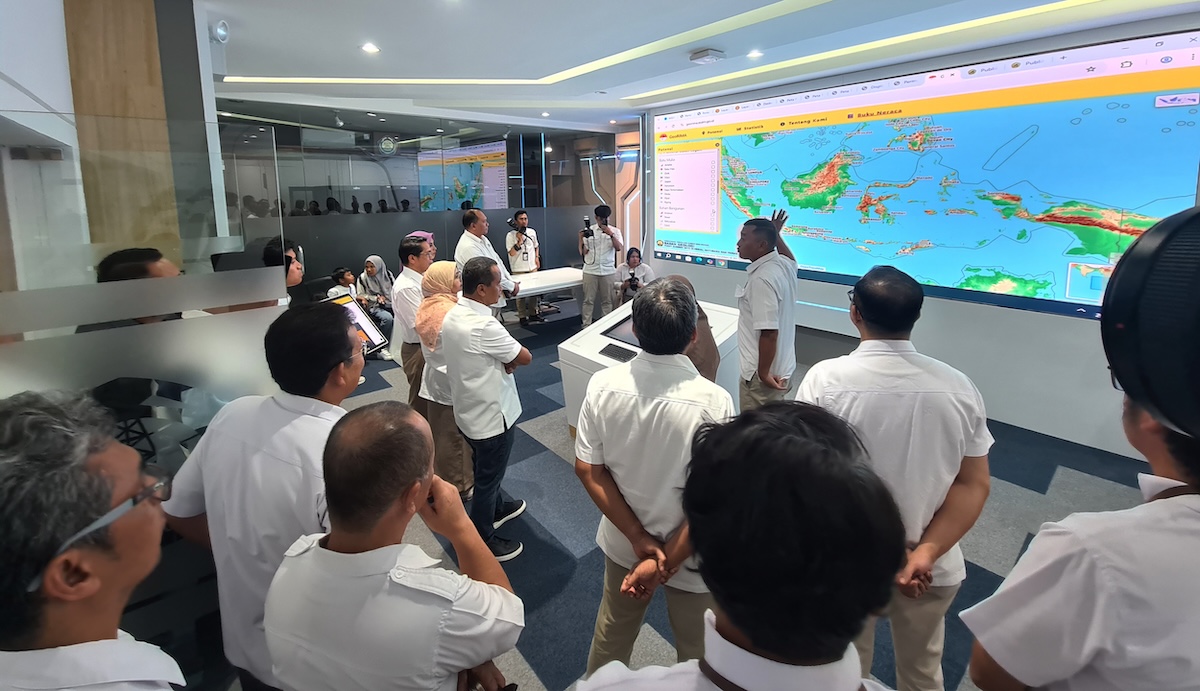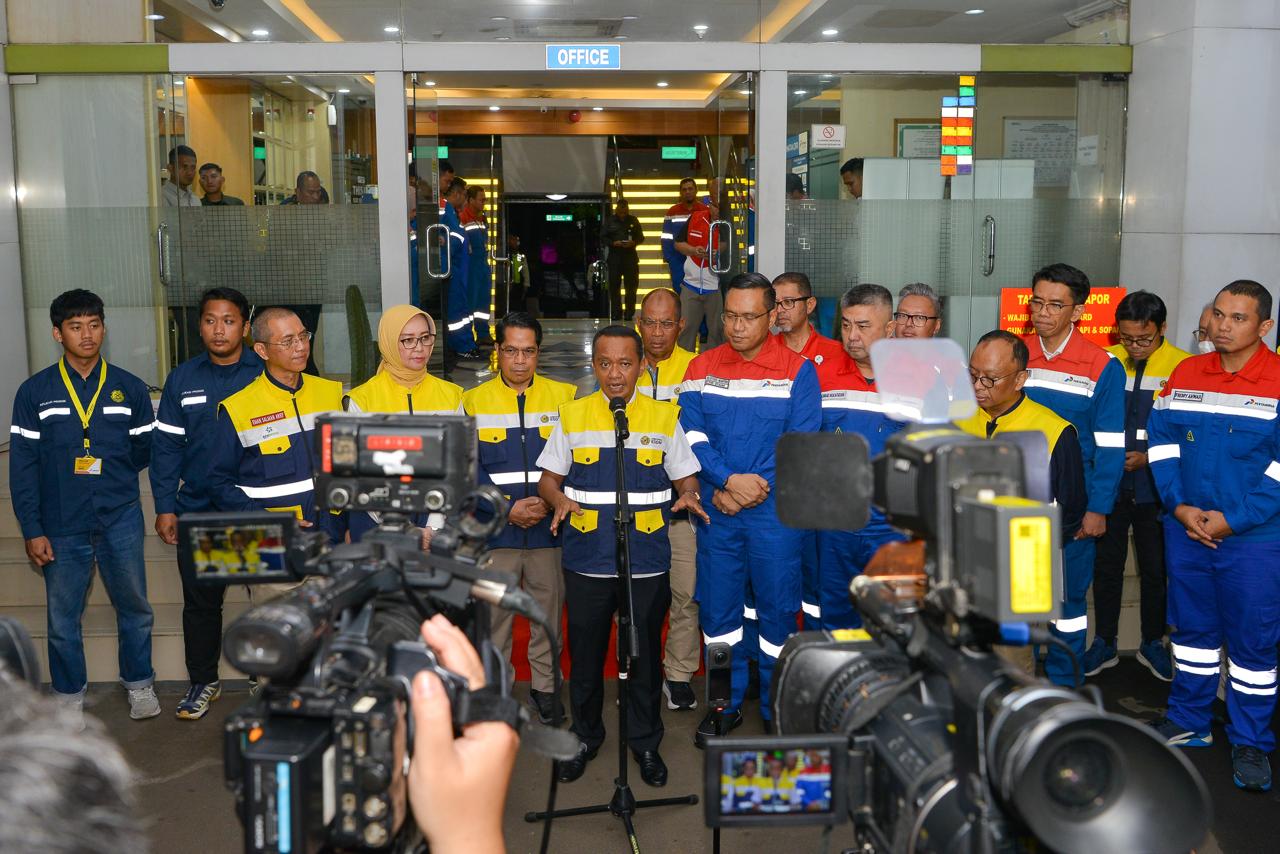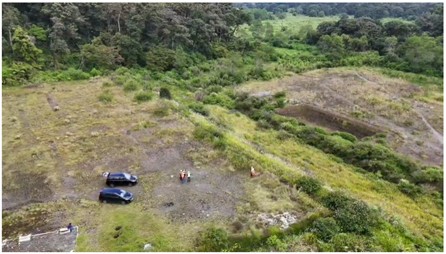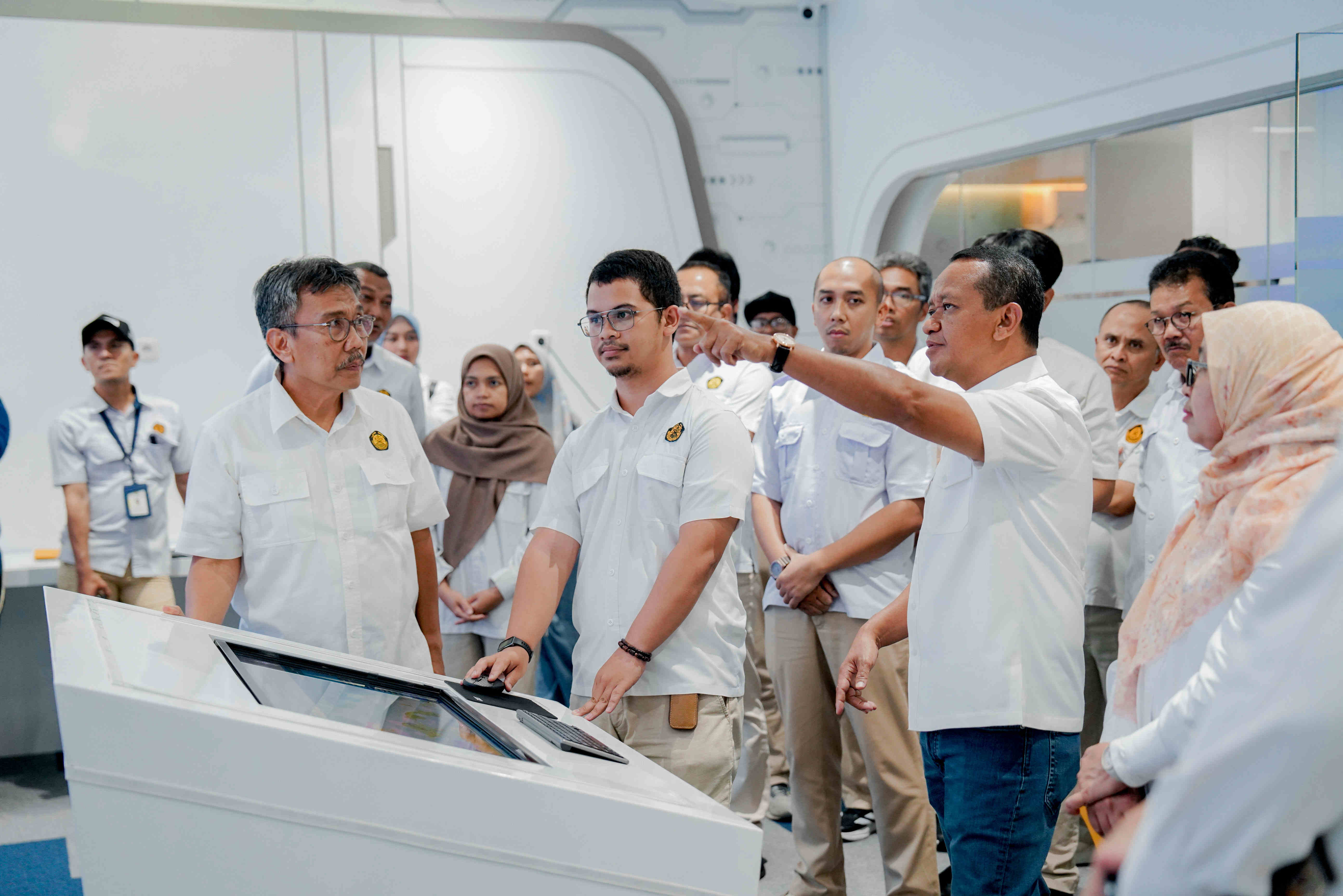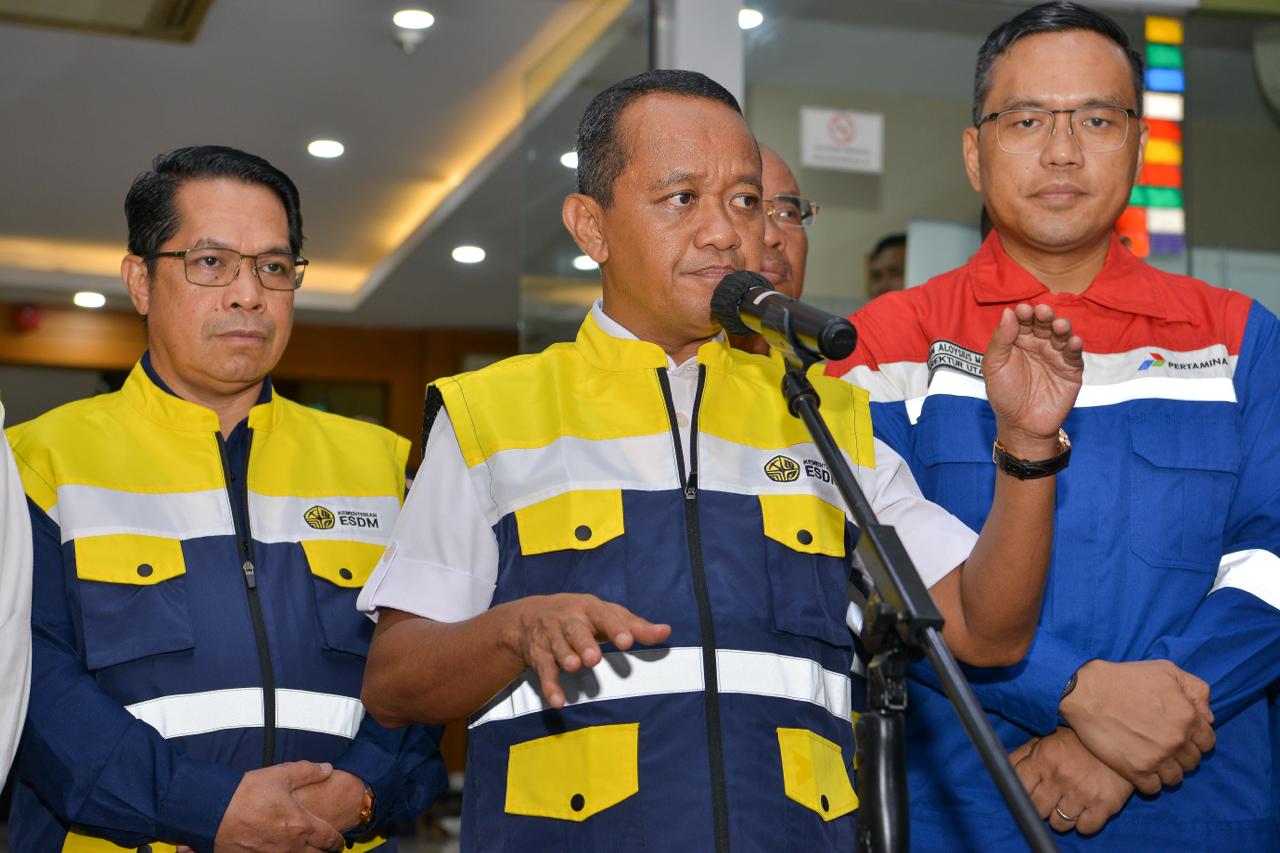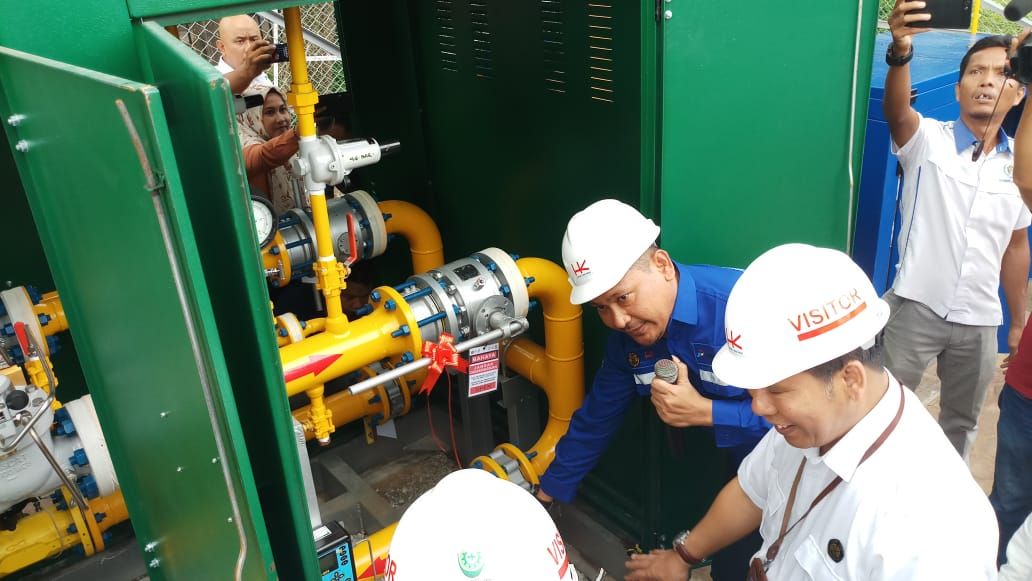
4,743 Houses Connected to Gas Networks, Economy of Dumai Communities Improved
MINISTRY OF ENERGY AND MINERAL RESOURCES REPUBLIC OF INDONESIA
PRESS RELEASE
NUMBER: 672.Pers/04/SJI/2019
Date: 25 November 2019
4,743 Houses Connected to Gas Networks, Economy of Dumai Communities Improved
The
economy of communities living in Dumai City, Riau, is improving thanks to the gas
networks which directly flow to 4,743 house kitchens. Construction of the gas
networks are centered at two villages, namely 1,283 SR and 3,460 SR at Teluk
Binjai Village and Jaya Mukti Village, respectively.
Director of O&G Infrastructure Planning and Development
Alimuddin Baso says that gas networks construction brings about positive
impacts on the communities by saving fuel costs, supporting people's economy towards
self-reliant and environmentally friendly society, and reducing the burden of
oil-fuels and/or LPG subsidies on the household sector.
"The use of natural gas at households can
either save LPG subsidy of about Rp 178 billion per year or reduce LPG imports
of around 25,500 tons per year," Alimuddin explained in Dumai City, Wednesday
(20/11).
The construction, continued Alimuddin, is
financed by the State Budget (APBN) of 2019 and is carried out at 16 locations,
among others, North Aceh Regency, Dumai City, Jambi City, Palembang City, Depok
City, Bekasi City, Karawang Regency, Cirebon Regency, Lamongan City, Kutai
Kertanegara Regency, Pasuruan Regency, Probolinggo Regency, Mojokerto City,
Mojokerto Regency, Banggai Regency, and Wajo Regency.
In line with Alimuddin, SVP Strategic
Stakeholder Management of PGN Santiaji Gunawan says that gas networks are more
practical because they can be used 24/7 and safer because gas networks pressure
is lower than that of LPG. It means that if there are any leaks, gas is
directly released up to the open air.
"By using natural gas through the gas
networks in Dumai, people can improve their quality of life through the
efficiency that they get. The good energy that runs 24/7 will give added value
to the communities," Santiaji added.
The gas supply comes from PT Energi Megah Persada
(EMP), while the length of the networks built by PGN is approximately 89 km, made
up of 79 km of 63-mm PE pipelines, 1.6 km of 180-mm PE pipelines, and 112 meter
of 4-inch CS pipelines. (IY)
Head of Bureau of Communication, Public Information Services, and Cooperation
Agung Pribadi (08112213555)
Share This!

